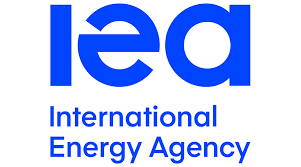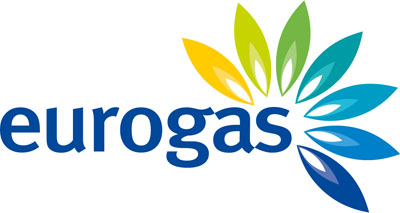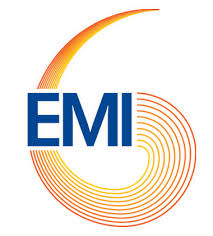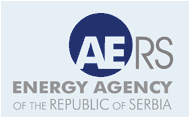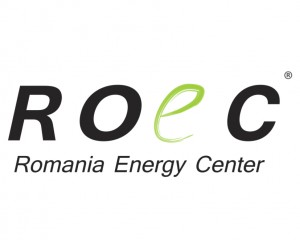As the EU Talanoa Dialogue and the Petersburg Dialogue kicks off a busy month for EU climate action, Eliot Whittington* explains why now is the time for the EU to show its colours on legislation currently under consideration and make a net-zero carbon economy the new normal.
Three years ago, the EU was leading the pack in the run up to the Paris Climate Change talks. It had set an ambitious 2030 emission reduction target of at least 40%, backed its domestic ambition with finance, and committed financial resources to the global goal of mobilising $100 billion from developed countries to support developing countries.
But times change: the science becomes ever clearer; the need for action more urgent; climate risk becomes more significant for business and communities; technologies emerge and roll out faster than anticipated; costs fall; climate resilient business yield results; and economic growth and development go hand in hand with climate policies. What was ambitious in the lead up to Paris, now risks looking pedestrian.
In the coming weeks, the EU has an opportunity to do two things. Firstly, it can show the value of long-term vision and EU leadership by making clear its intent to set out pathways for a net zero economy, and secondly it can grasp the imperative to deliver real world legislation to deliver climate action through the Clean Energy Package.
On the first: momentum for a net zero economy in 2050 is growing. A number of EU member states are now calling for mid-century plans and targets. Businesses, too, are committing to 2050 net zero targets or are beginning the process of understanding what this vision means for the way they will operate in the future. At the EU Talanoa Dialogue businesses will present their ideas to answer the questions "where do we want to go?” and "how will we get there?”.
The Paris Agreement and the science of climate change are clear that our economies need to decarbonise – the EU should start the real discussion about what that looks like.
Second: the ongoing negotiations between the Commission, the Council and the European Parliament on renewables, energy efficiency and governance should seize the opportunity to show leadership and deliver the adequate ambition. Business requires the confidence, certainty and clarity of strong near-to-mid-term targets, set by policy makers, to be able to unleash their own plans and investments.
If the EU cannot walk its talk on climate action it may find that it is left behind in the race for low-carbon innovation and investment. During the coming weeks at the Petersberg Dialogue, at the EU Talanoa meeting, with international partners China and Canada at the Ministerial on Climate Action, at the Clean Energy Package negotiations, and at the Environment and European Councils the EU has a chance to set the pace, lead this transformational change, and ensure it is on the front foot. These June discussions can send positive signals that the EU is ready to ramp up ambition once again, in the near term and in the longer term.
Business needs long term ambition backed by action now. Without a long-term vision the plans for the moment may be too short-sighted and weak. Without immediate action, a long term-goal may be kicking the can down the road. Together they offer a clear recipe for EU climate leadership.
*Eliot Whittington is Director of The Prince of Wales’s Corporate Leaders Group, an organisation that brings together European business leaders to accelerate progress towards a low carbon, sustainable economy.

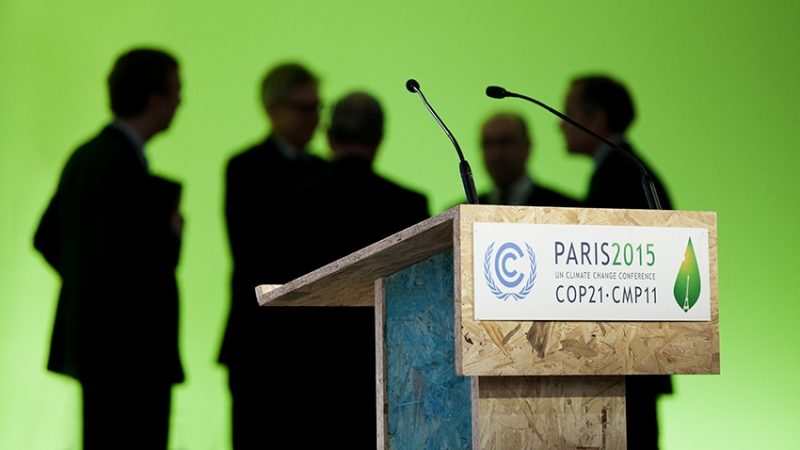 As the EU Talanoa Dialogue and the Petersburg Dialogue kicks off a busy month for EU climate action, Eliot Whittington* explains why now is the time for the EU to show its colours on legislation currently under consideration and make a net-zero carbon economy the new normal
As the EU Talanoa Dialogue and the Petersburg Dialogue kicks off a busy month for EU climate action, Eliot Whittington* explains why now is the time for the EU to show its colours on legislation currently under consideration and make a net-zero carbon economy the new normal
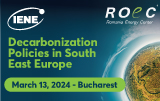

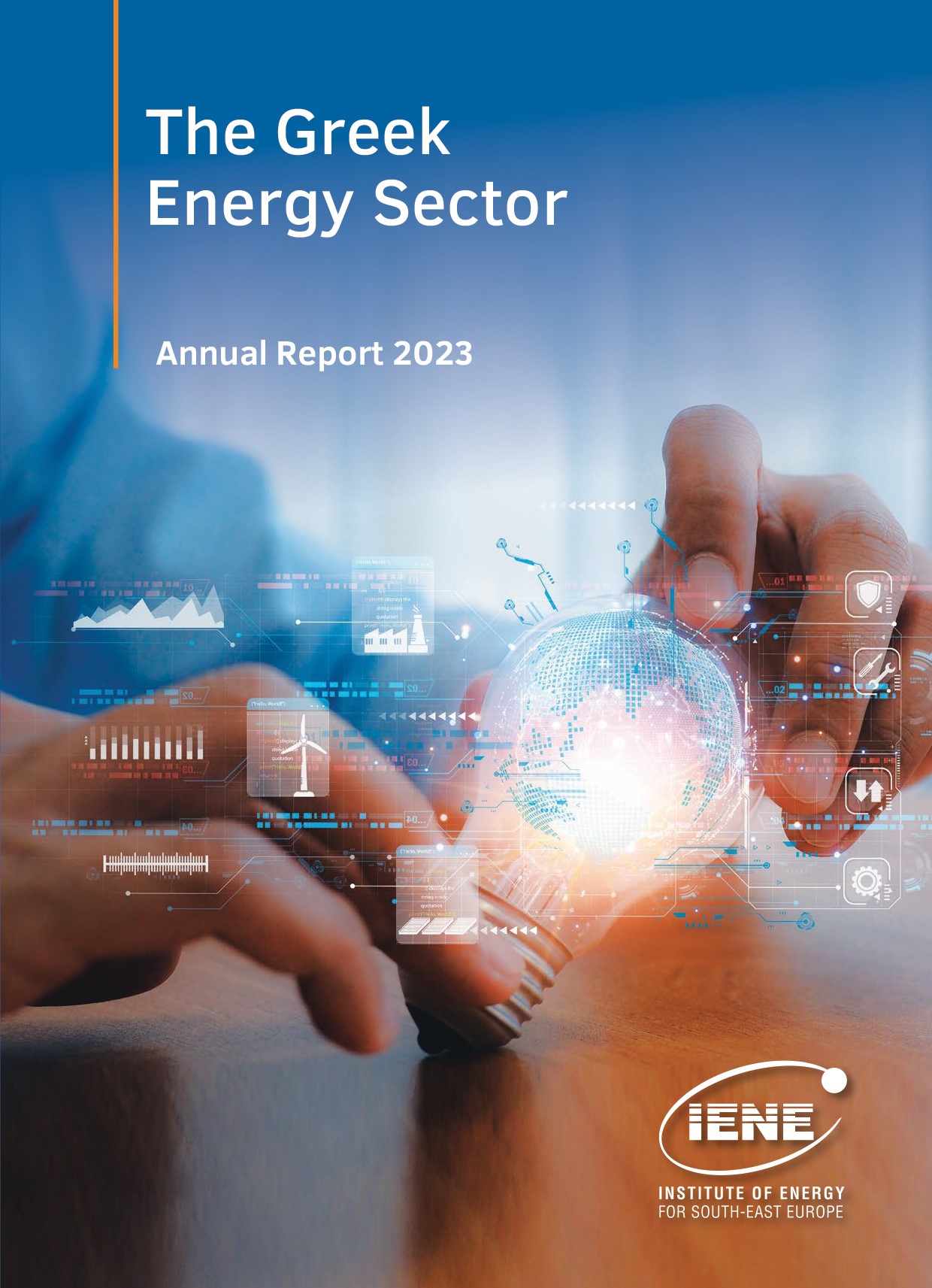

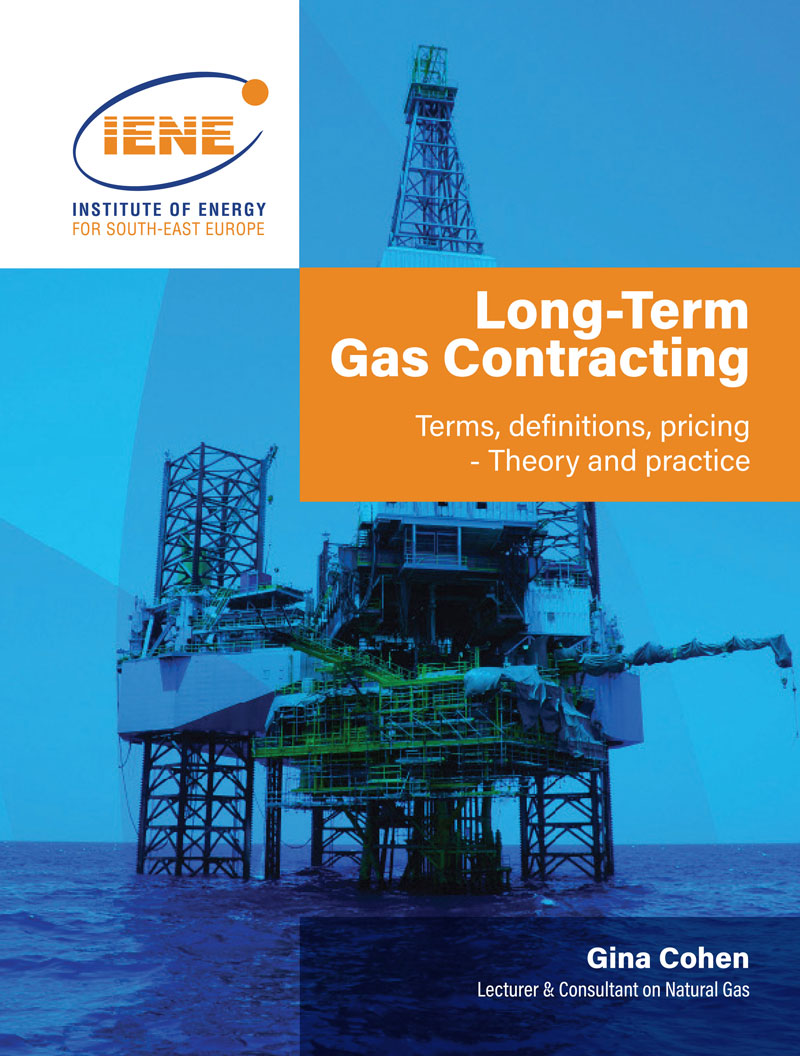 More
More
